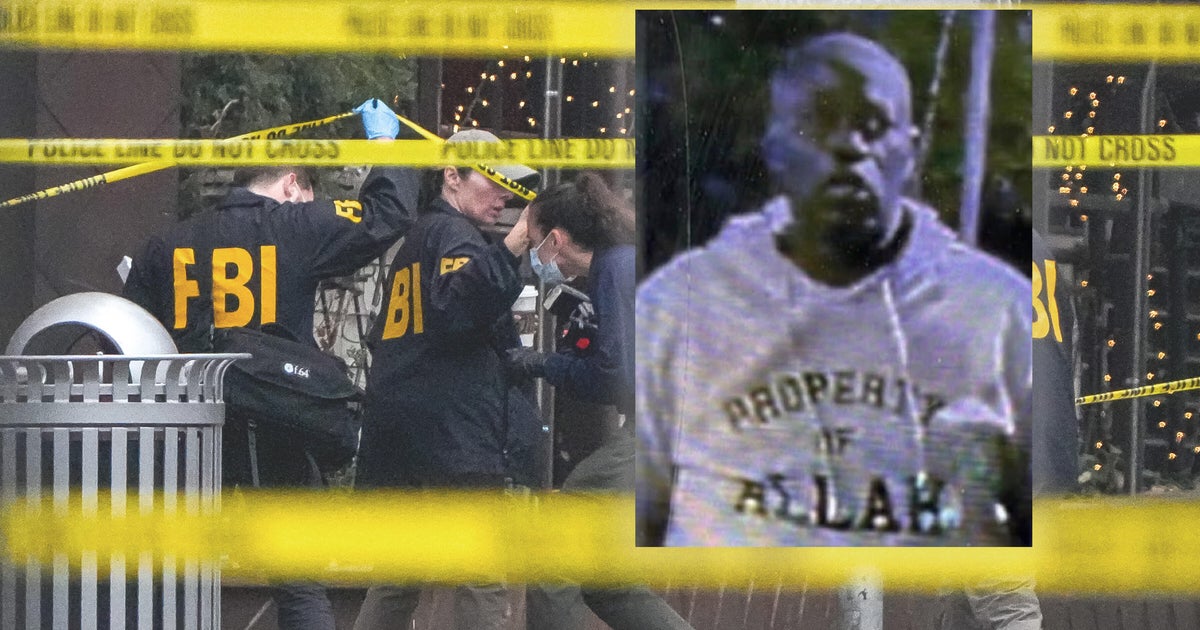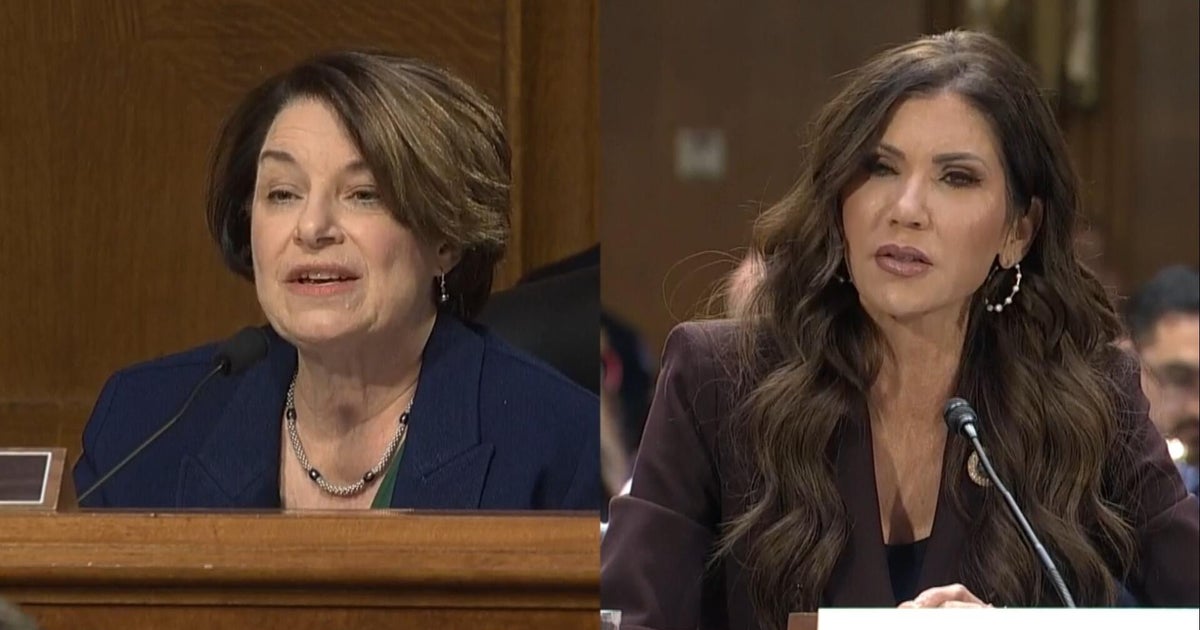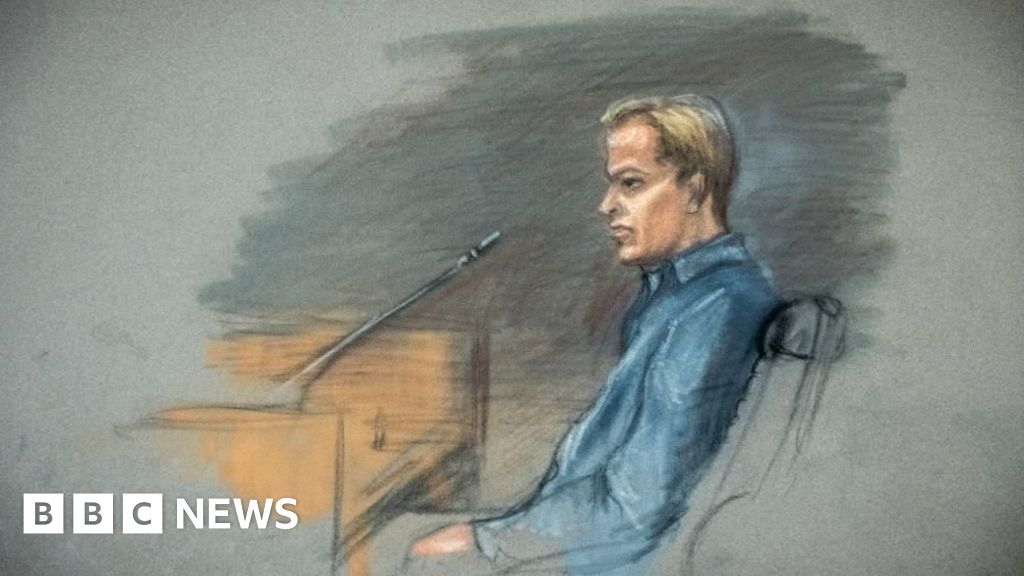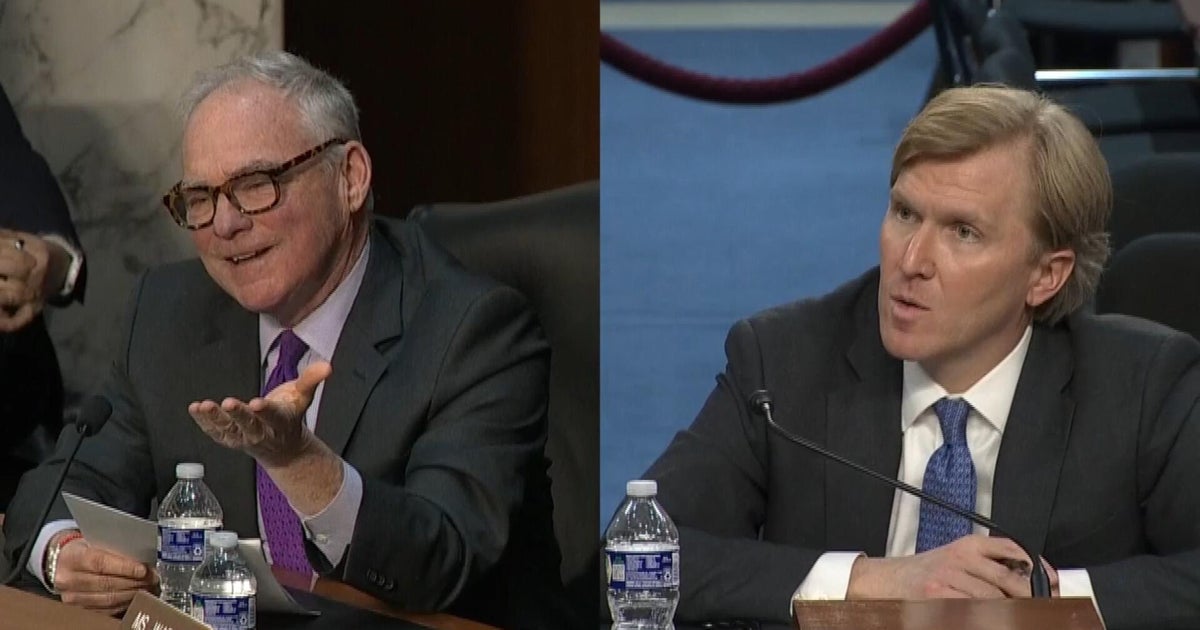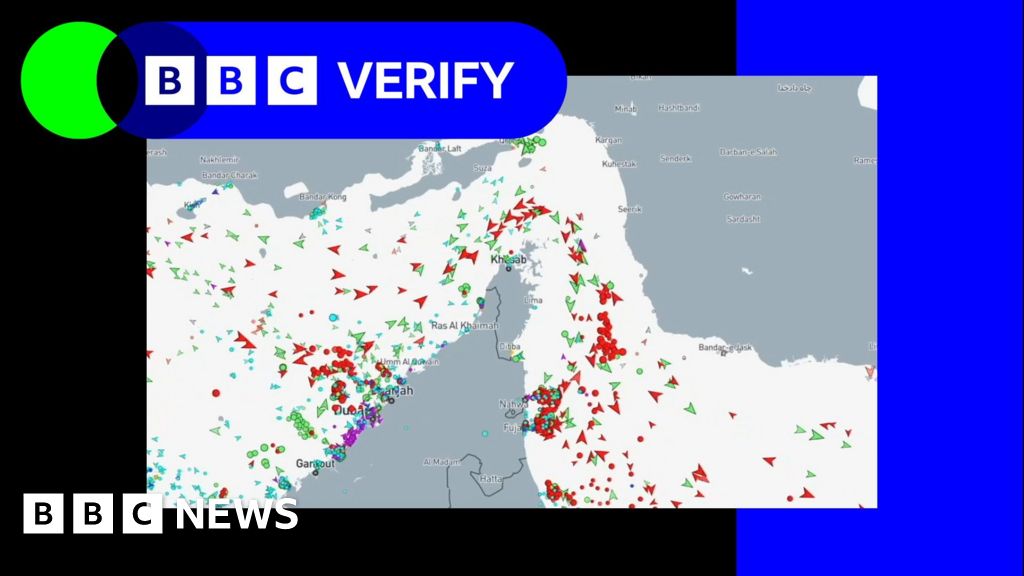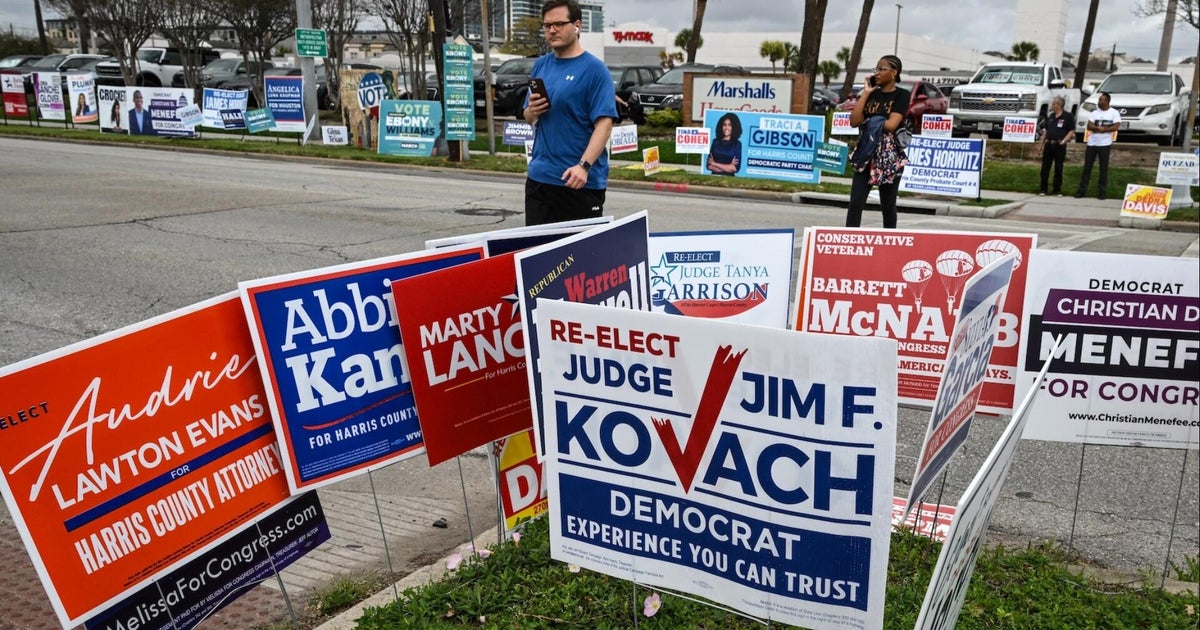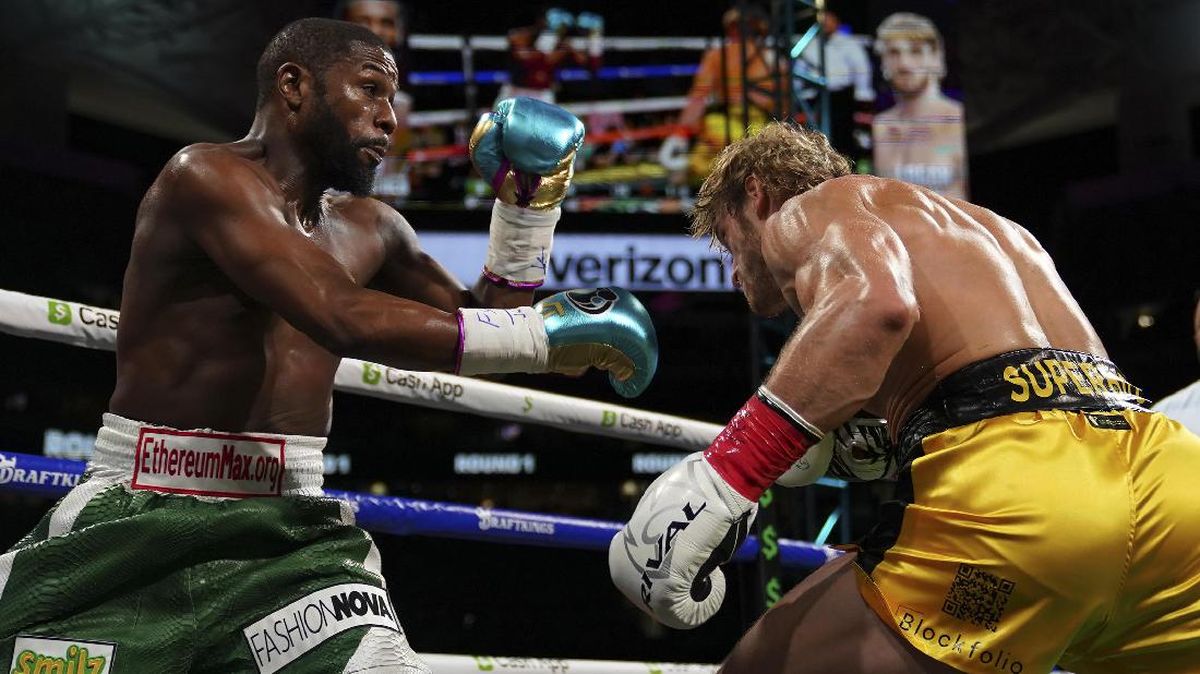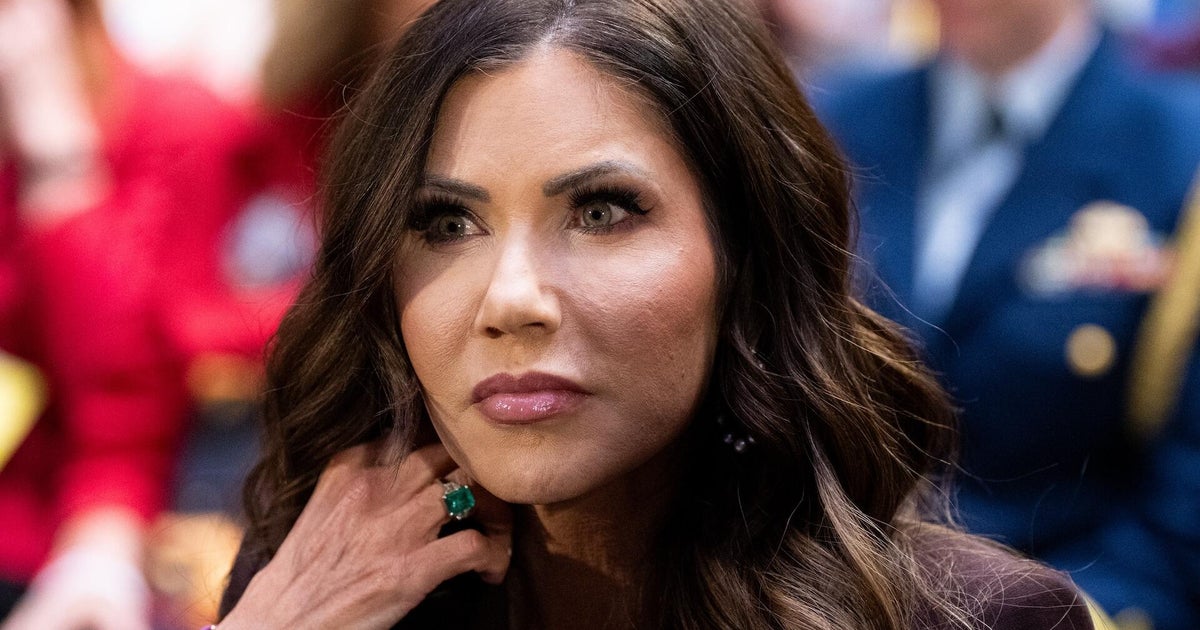This month Australia implements laws to address the toxic aspects of online life, but not so long ago, it was apparently perfectly fine for a good portion of the internet to direct astonishing levels of hatred and vitriol at a young girl from California. People who go viral for reasons beyond their control typically disappear back into the scenery of non-internet life. Rebecca Black never flinched.
Black is now touring Australia as part of the Spilt Milk festival, alongside Kendrick Lamar and Doechii. She’s also headlining her own shows, including her largest ever at Melbourne’s Forum Theatre. If you think her presence has something to do with Friday, the song that launched her to fame and became the most viewed YouTube video the year it was released, you’re living in the past.
A brief recap is all the Friday affair deserves. When Black was 13 she recorded a novelty pop song and video clip with an LA company that offered ordinary folks just such an experience. Friday was intended to be a throwaway bit of fun to share with friends, but somehow the music video ended up online right at the moment when memes and meanness were becoming inextricable.
Until that point, social media had been a largely benign place full of lolcats and rickrolling and pokes. By 2011, however, the tone had started to shift. The default voice was snarkier, the humour had become crueller, and any innocent could find themselves hoisted up for public ridicule. The socials democratised the angry mob, promising a pitchfork and flaming torch for everyone.

Black – at age 22 – who was just 13 when her pop video went viral for all the wrong reasons.Credit:
It’s hard to overstate just how vile the response to Friday became, with strangers posting the most violent and juvenile comments towards a random kid whose home movie had so upset them. From medieval witch trials to the screaming fans of the Fab Four to the Twilight and Tay-Tay stans in recent times, there’s a certain sort who have a screaming fit whenever they see a girl having fun on her own terms.
Today it’s Black: 1, Haters: 0. She never quit. This year the 28-year-old played a DJ set at Lollapalooza, one of the largest music festivals on earth. Punters who only remembered her as the Friday girl were floored. The set-list from that gig includes titles familiar from the pop canon – from Britney’s Toxic to Bjork’s Hyperballad to Addison Rae’s Fame Is a Gun – but you won’t find the bootleg cuts she spins anywhere on Spotify or Shazam. They’re familiar while also illustrating a deep knowledge of dance culture today.
When Black DJs, she says, “I’m there to highlight the tracks that I really love and feel attached to, that I find in the depths of SoundCloud or some random part of someone’s discography. I love playing throwback stuff because I want to play the remixes that I wish I could hear in a club, that I know would be played deep in some Barcelona queer underground club.”
TAKE 7: THE ANSWERS ACCORDING TO REBECCA BLACK
- Worst habit? Picking my nails, which I’m doing right now.
- Greatest fear? Dying.
- The line that stayed with you? The concept that life hands you exactly what you need when you’re ready for it. You’ll never be handed a situation to get through without the ability to undertake it. Whether or not it is actually true I’m not sure, but it has certainly helped me hold onto hope when I needed it.
- Biggest regret? Missing moments with family over the years. It takes effort, and I don’t want to have regrets over that.
- Favourite book? In the Dream House by Carmen Maria Machado. It’s an incredible book about toxic queer relationships.
- The artwork or song you wish was yours? There’s a lot. The new ROSALÍA album is something only she could do, even having the concept to do it.
- If you could time travel, where would you choose to go? The future. I want to know what’s up. But I’m afraid of time travel, for sure.
That mix of pop appeal and underground edginess is what Black’s own songwriting has evolved into. Her latest album, Salvation, is a banging mix of abrasive hyperpop (think SOPHIE or Charli XCX) and the kind of ambitious songwriting that fell out of favour for the first few decades of this century.
“I feel like I’m listening way more to things from the past than I am things that are happening right now. That’s where I learn,” Black says. “If you go back and listen to some of the big pop stars of the ’90s, like Madonna, Janet, that was a time where pop was actually really interesting.
“Listen to some of the instrumentals that were on Velvet Rope, Ray of Light, Erotica. That was a time where I think pop was at its best and was celebrated because it was constantly trying to push itself forward ... I think that was why pop died for a second. It felt like that ethos got lost. Everyone was just trying to make something really digestible.”
The teenage Black might have been treated harshly by the internet, but like most people her age, her music tastes were discovered online. “I don’t think the way that my relationship with music developed was much different to a lot of my fans,” she says. “It was really a relationship with the internet, a relationship with artists who were really intrinsic to the internet. I mean, I was a Tumblr kid growing up. My audience were my peers.”
That might be why the comments on her videos today speak so starkly of the way our online culture has changed. They’re full of admiration for the artist and passionate about their love of her new work, occasionally punctuated with shocked praise from viewers who didn’t realise this was that Rebecca Black.
“I do think there are pieces of the internet where there is an intention to treat others with kindness,” she says. “I see moments where the internet is trying to police itself in ways.”
Offline, too, she’s found her people. The Rebecca Black of 2025 has become something of an icon in queer club spaces, where she finds so much of the most interesting music is happening. “I think there’s a lot of places outside of the US that are way more advanced in the queer spaces they have, including Australia, Melbourne particularly.”
She also does a lot of meet-and-greets as she tours. “I love them because I really love understanding who gets it? Who gets me in this way?”

Black is now a DJ and something of a queer icon.Credit: Getty Images for Kohls
The lyrics on Salvation sometimes flirt with possible references to Black’s past – the title track’s chorus declares that “I don’t need you to save me/I already saved myself” – but the vocals also toy with voice and character to blur personal experience and the playfulness of fiction.
“Some of those characters are ways that I can channel the parts of myself that only exist in my head,” she says. “There’s ways that we talk to ourselves or talk about things with ourselves in our heads that I would never articulate, even with a partner. That lives just for me. But the other place it can live is in a song. Those characters are the most deeply personal in a way because I’m disguising them as something that’s a different version of me, but it’s actually probably the truest.”
Loading
Salvation is certainly darker than you might expect, full of growling basslines and distorted synths, but it avoids the cynicism that can underscore a lot of pop today. Like her DJ sets, it’s an album that goes hard without ever losing a sense of optimism.
“I don’t know if it’s totally intentional,” she says.
“I do think that there is an optimism in my life that has carried me through, and I think there’s an optimism in what I know how to communicate. I don’t know where that optimism comes from. I just think that it has just helped me get through.”
Rebecca Black plays The Forum Theatre, December 11.

